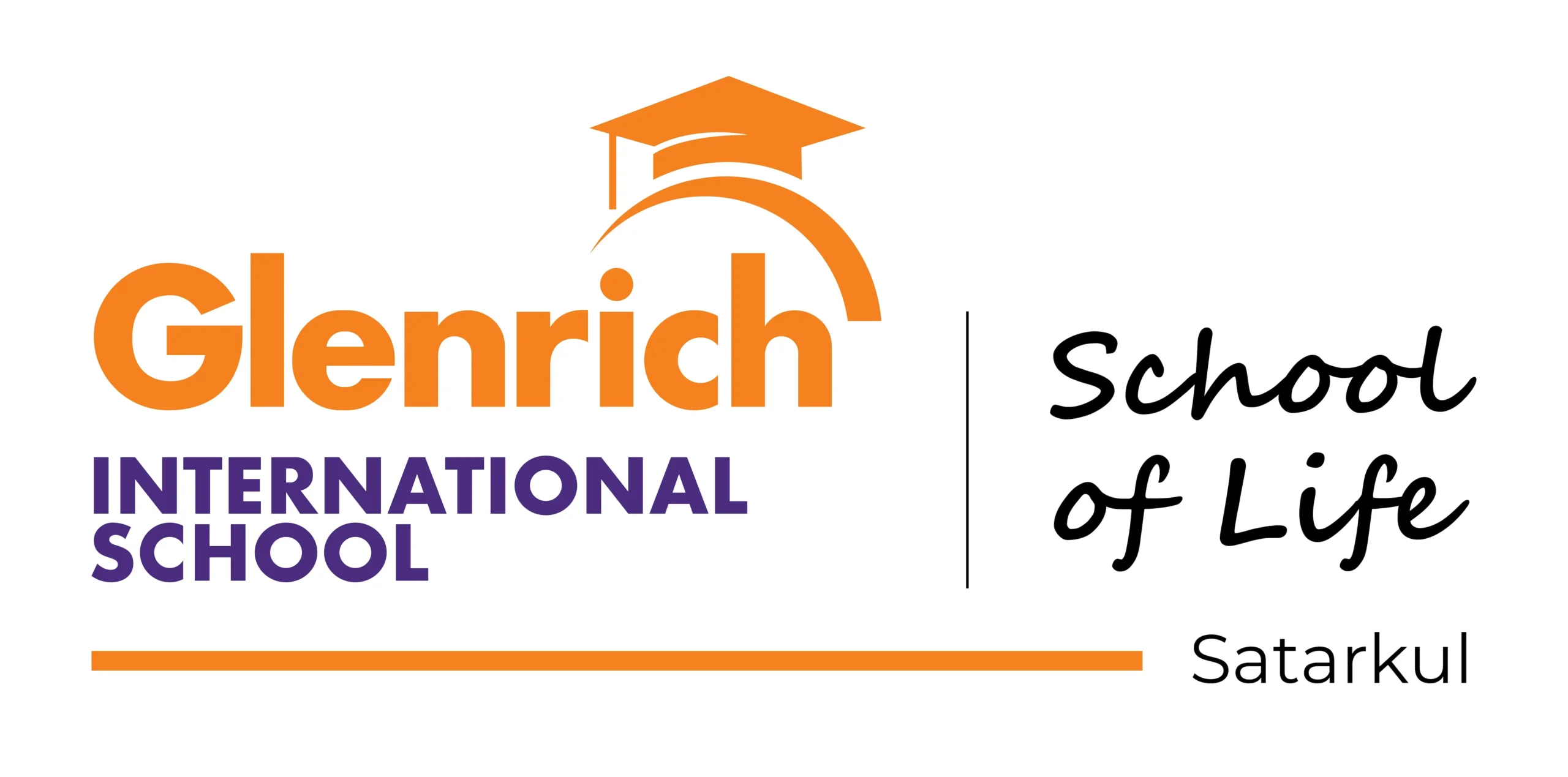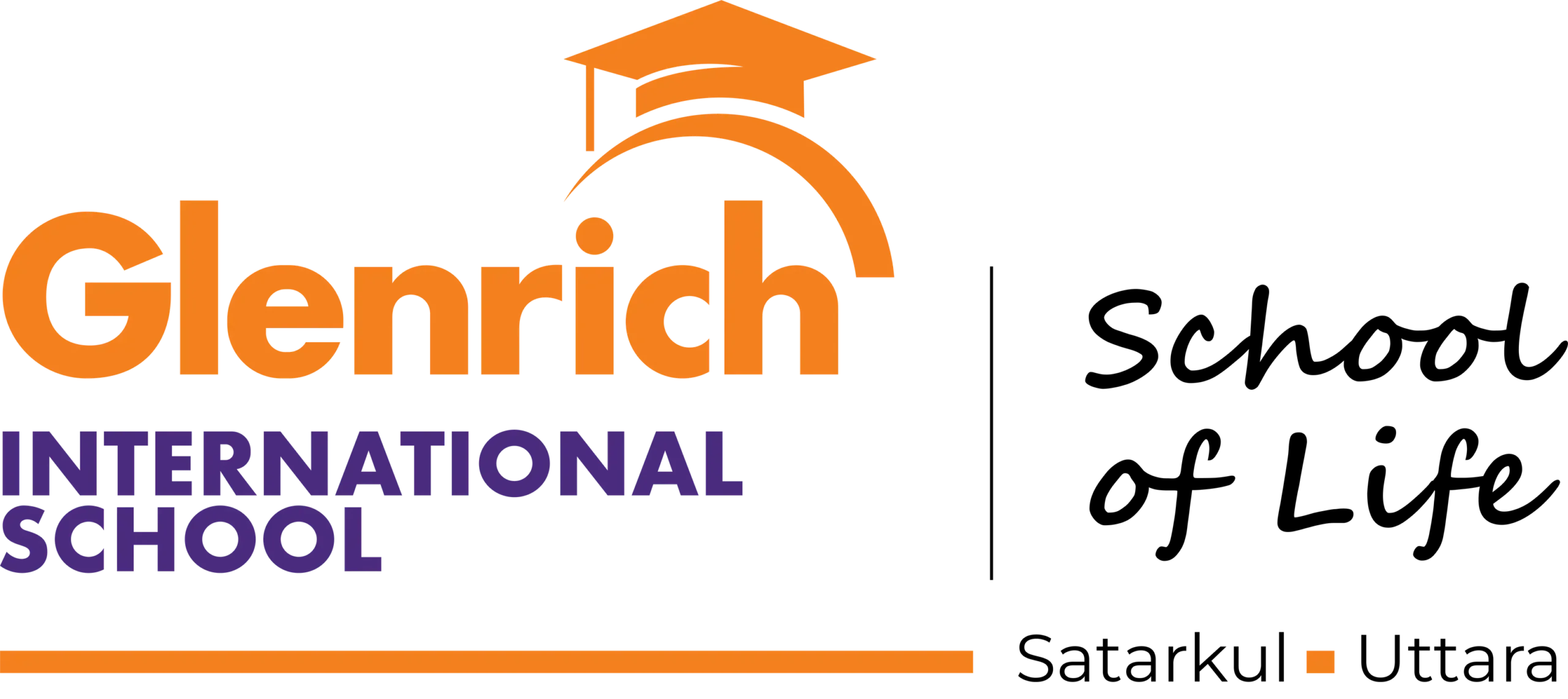| by The Daily Star | Rising Stars on 28 September 2023 |
In conversation with Ramesh Mudgal, principal of Glenrich International School Satarkul
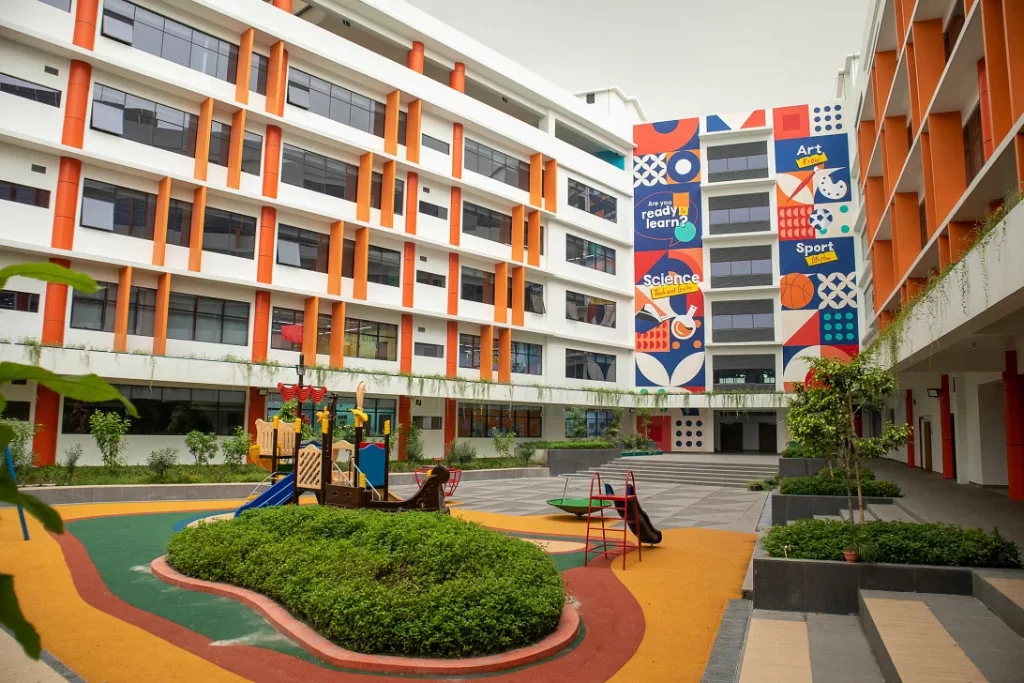
Glenrich International School Satarkul (GIS), located in Dhaka’s Satarkul area, is an educational institution that operates with the motto of “School of Life”. Their campus is a clear testament to those words, rich with lush greenery and state of the art facilities alike. I sat down with the principal of GIS, Ramesh Mudgal, to discuss the philosophy behind the words “School of Life”, and how GIS is implementing these ideas to produce citizens for a brighter future.
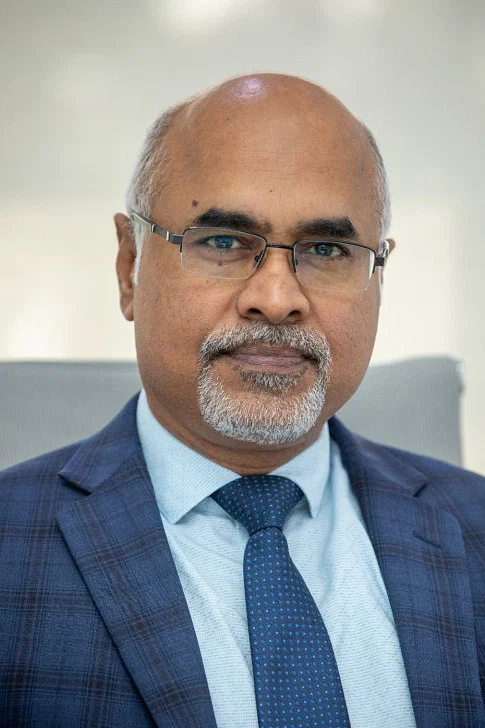
Tell us a bit about yourself.
Ramesh Mudgal: I am a postgraduate in History and Education. I started my career in 1996 as a teacher in Kalaburagi, India. After that, I’ve taught in Thailand, Singapore, and the UAE as well. Since October, 2022, I’ve been with GIS. The best practices I’ve learned from working in different parts of the world have helped me in setting up GIS as a torchbearer of change as a 21st century school.
Can you explain to our readers the concept of “School of Life”?
RM: This concept focuses on the fact that education is more than just books and knowledge. Education is actually the development of the whole personality. Education has to prepare a student for life. In my experience, I have seen smart students who have excelled in their academics who did not have great interpersonal skills, who were not receptive to feedback. When the time came for them to enter the job market, they could not sustain a career for long. That is because despite being ahead academically, they did not have the skills required to become successful in life. Our “School of Life” concept is that academics is the bare minimum, what more can we give students? Identifying the potential of the student, helping them realise their strengths and weaknesses, understanding the changing nature of the world, the skill sets and attitudes that will be necessary once they become job seekers or job providers in the future – this is what we provide. According to us, the School of Life concept is KASH: Knowledge, Attitude, Skills, and Habits. If these things are in place, they will be happy no matter what walk of life they are in.
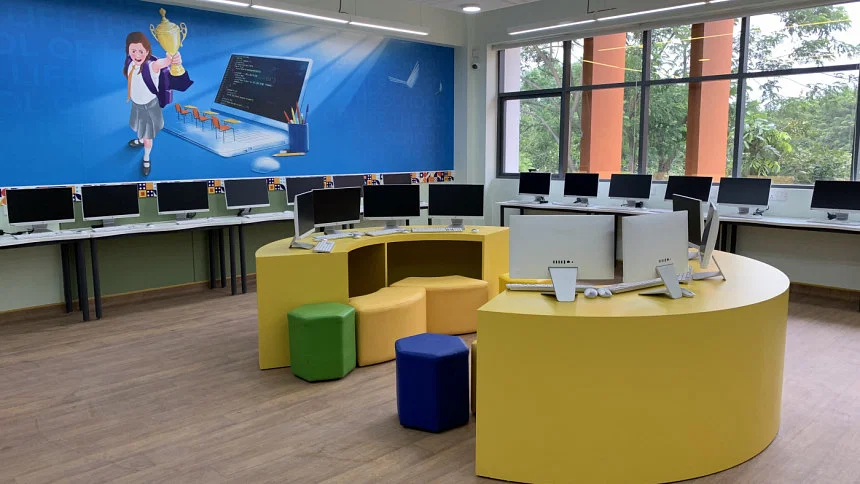
It is clear from the facilities present on the campus of GIS that the students’ physical health is of utmost importance to the school. Besides that, what is GIS doing to ensure that the mental health of its students are protected?
RM: Self-worth is an important aspect. Everyone should feel like they are important. We treat every student with respect and make them believe that they are important. Our effort is to identify what the child is good at, take that particular thing and help the child get better at it. At the same time, we encourage them to try other things. If we make them focus on one thing and ignore the things they are good at, they will get demotivated. It is important for our teachers to express care and concern towards students. We are also planning to introduce a relaxation session for our students in the mornings, using the technology available in the classrooms.
The world is constantly changing, and the nature of education is changing with it, as well as the expectations from an educational institution. As a school, what is GIS doing to prepare their students for this changing world?
RM: To ensure that students are in tune with the changing nature of the world, we are not preparing them for today’s jobs. We have to prepare our students for jobs and activities that are going to be required 15 years down the line. We don’t know exactly what will happen in the future, but looking at today’s world, we can make a fair guess. For example, technology is going to be very strong, even now it is strong but over time it will get stronger and stronger. Manual jobs will be available in lesser quantities, but intellectual jobs will become important. Skills like problem solving, social empathy, values, creativity, these are the skills that will become more significant. Our curriculum is configured keeping all these things in mind. Robotics is integrated in our curriculum until grade 8, it is not optional. Our children are preparing for a world that is going to be a lot more different than the world we occupy now.
A proper campus is important in the holistic growth of a child. Can you talk about some features of the GIS campus that you specifically want to mention?
RM: A lot of thought has gone into the design of this campus. Some of the unique things about this campus are – the technology that is incorporated into every classroom with WiFi and touchpanels, then there is the huge library, we have a robotics lab, a mathematics lab. We have a skating rink in our school as well, two swimming pools, a phenomenal auditorium, and a rooftop basketball court that can be used for different sports. Laboratories, classrooms, music rooms, sports fields, all the infrastructure in our school is fantastic.
Why is learning languages important in the lives of modern students and how is GIS teaching them?
RM: We understand that language skills are crucial for every child. Every child has to learn their mother tongue, so Bangla is taught to all Bangladeshi nationals in the school and even expatriate students are encouraged to learn it. But the medium of instruction and communication in this school is English. In addition to that, we understand that the world requires individuals to be experts in one other international language. So, we are offering French as a language in our school. Everybody learns it, and this is being done in collaboration with Alliance Française de Dhaka.
What is GIS planning to do to produce the global leaders of tomorrow?
What is GIS planning to do to produce the global leaders of tomorrow?
RM: Leadership is all about taking responsibility. So, we always ask the students that, even if there are only three students in a situation and something wrong is taking place, and one of the students takes a stand, then they are a leader. Besides that, we have a student council. Our student council goes beyond just maintaining discipline, they engage in community outreach. In this programme, our students are encouraged to take up programmes that have an impact in the community. It could be related to livelihood, health and hygiene, or education. Under the guidance of the teachers, our students will create an impact and for me, that is what leadership is.
